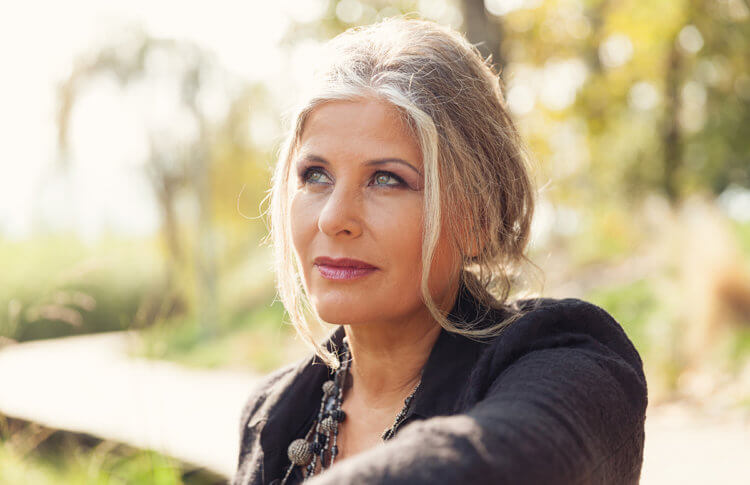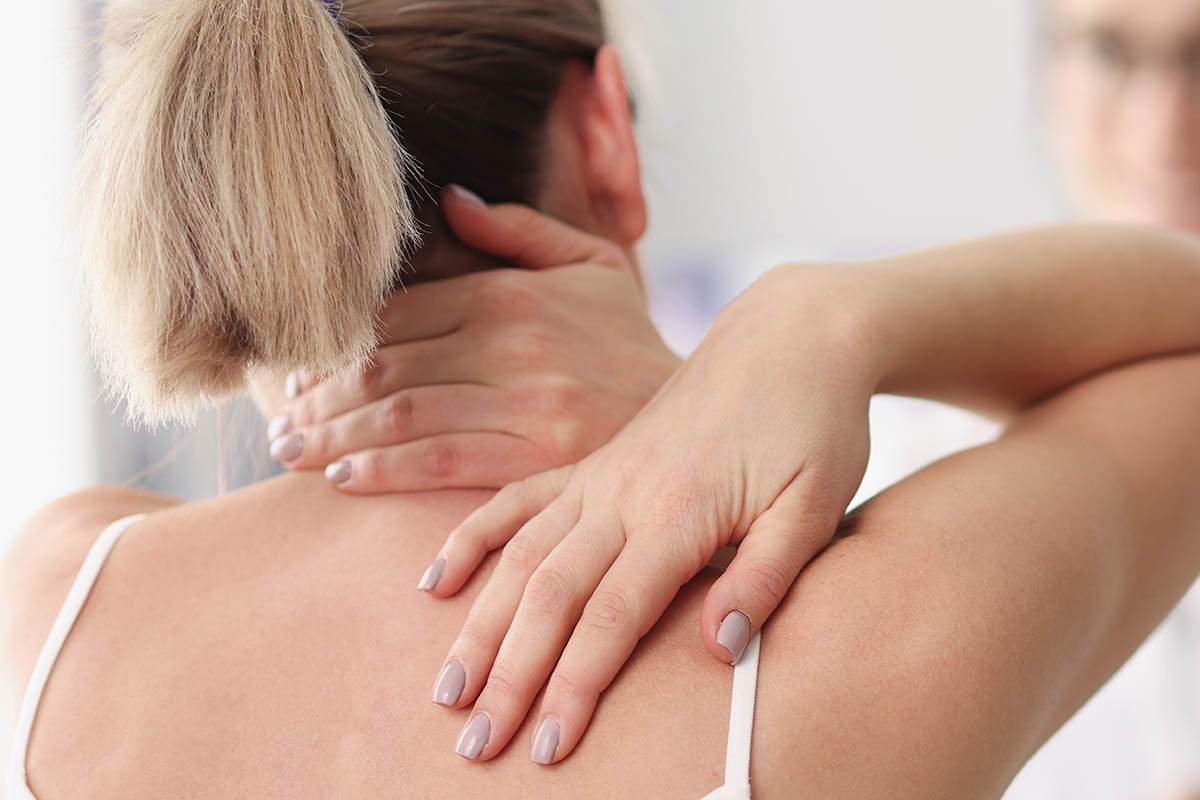When & How Menopause Begins, Signs & Symptoms
To know what menopause is, you must know what happens when a woman gets her periods. If you are a woman, then menstrual cycles are a part of your life, unless you are one of those who never receive them.
However, menstrual cycles are not permanent; at some point, they will stop, and that is what we call Menopause. It occurs naturally to every menstruating female at some point in her life, but it can also result from external courses such as certain treatments or surgery.
When and how menopause begins
A woman’s ovaries shed eggs or ova during every menstrual cycle. It occurs when the ovaries finally run out of eggs. The average age at which women start experiencing menopause is 51. However, your menopause can start before you reach 40; it’s called premature menopause and does not necessarily mean there is something wrong with you.
Your Genes Mostly Determine the Onset of What is Menopause.
Signs and symptoms
When menopause occurs naturally, it does so in stages. One of the early signs of menopause is an irregular occurrence of menstrual cycles. Once you are quite confident that there is no pattern to your periods, then you are looking at about four years or less before it completely stops. Here are some of the symptoms you may notice as you experience menopause:
Hot flashes as a result of fluctuating estrogen levels
• Vaginal dryness and sometimes soreness, which makes sex painful.
• Low sex drive.
• Unexplainable mood swings.
• Night sweating.
• Insomnia.
• Headaches.
• Increased heartbeat rate.
It is worth noting that some of these symptoms can go on for years and negatively impact your life if measures are not taken to alleviate them.
Taking supplements for menopause is worth considering. Try to compare these supplements like hormone harmony vs provitalize to know which one could be the right choice for effectively managing your menopause symptoms and improving your overall well-being.
What you have to do
What exactly should you do when you realize you are in menopause? There is no treatment for it, but you can treat the symptoms and enjoy a comfortable life during and after menopause.
- Lifestyle adjustments
You need a regular exercise regimen and a healthy diet if you want to manage the symptoms of menopause. It would help if you avoided problematic triggers like alcohol and smoking. Smoking women usually stand a high chance. A much safer option is e-cigarettes if you’re finding it hard to quit smoking. Liquido24 is one of the places to find the best e-cigarettes and e-shisha products on the market. These are non-tobacco products that could a long way into helping you quit smoking once and for all. - Prescription medicine
Your doctor can prescribe medication as per your medical background, which can help alleviate the symptoms. However, you don’t need a prescription to get yourself over-the-counter medication for headaches, sleep problems, and vaginal dryness. - Non-medical options
There are many non-medical options out there to relieve the symptoms of menopause, some are proven, and some aren’t. Some women swear by herbal remedies. Others believe that all you need are relaxation techniques like yoga to feel as good as new. These methods of managing it may or may not work for you, however.
Conclusion
As much as menopause is merely a natural phase, it can prove a tough and stressful one. When you through depression and anxiety into the mix, things can quickly go from bad to worse pretty fast.
Staying healthy and avoiding known triggers can go a long way in making your experience an easier one.




















